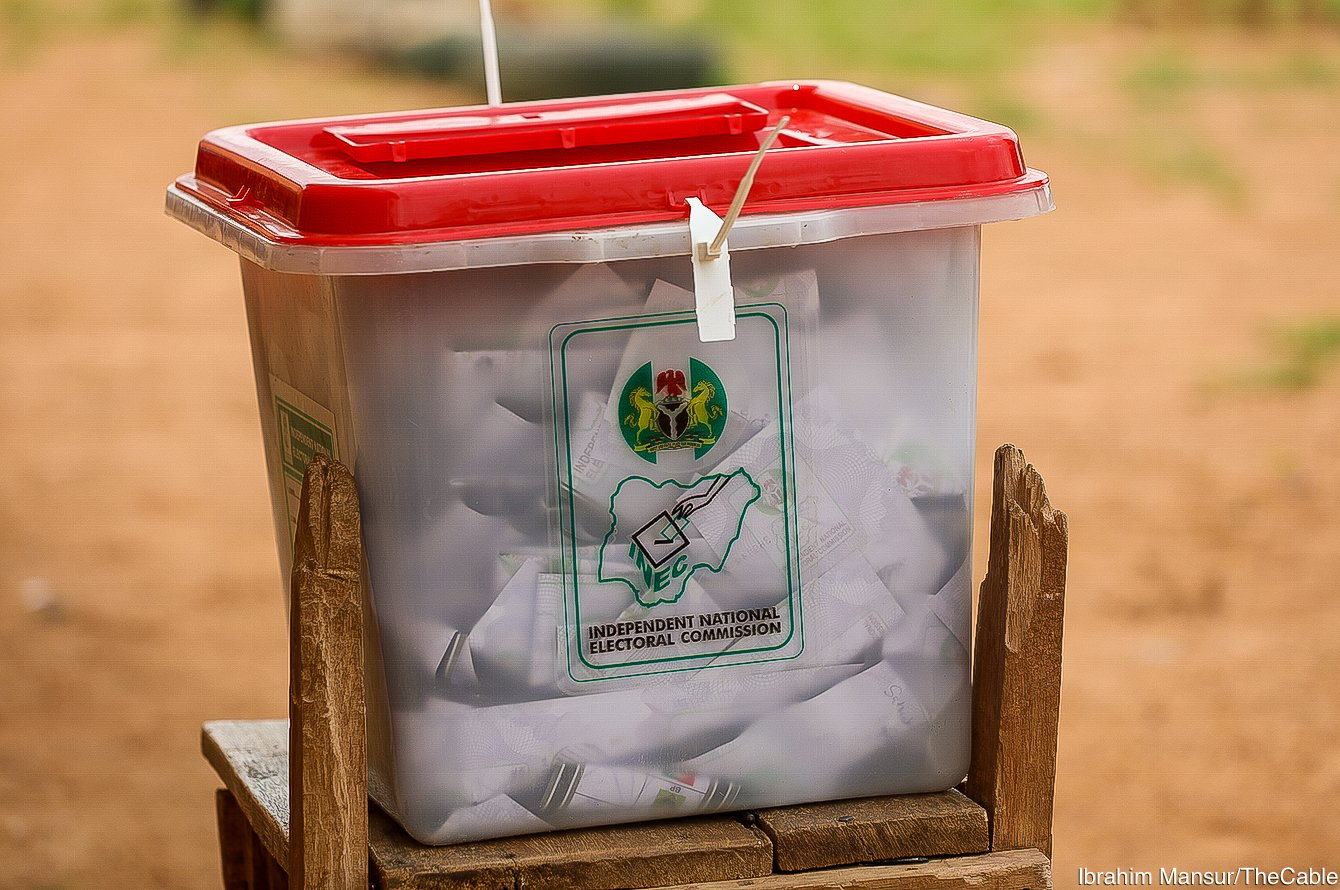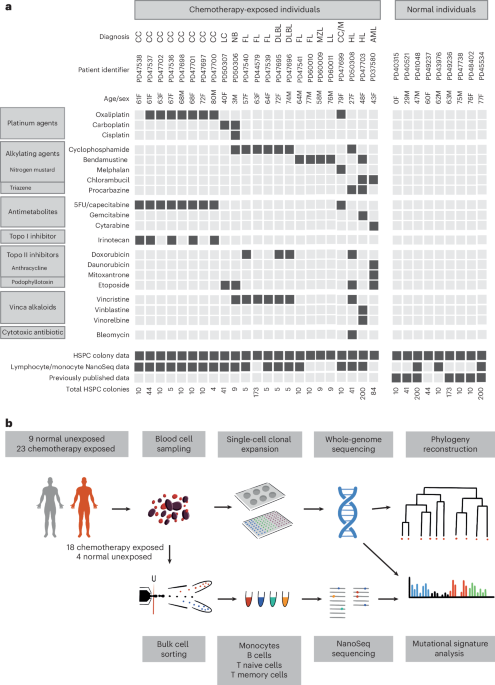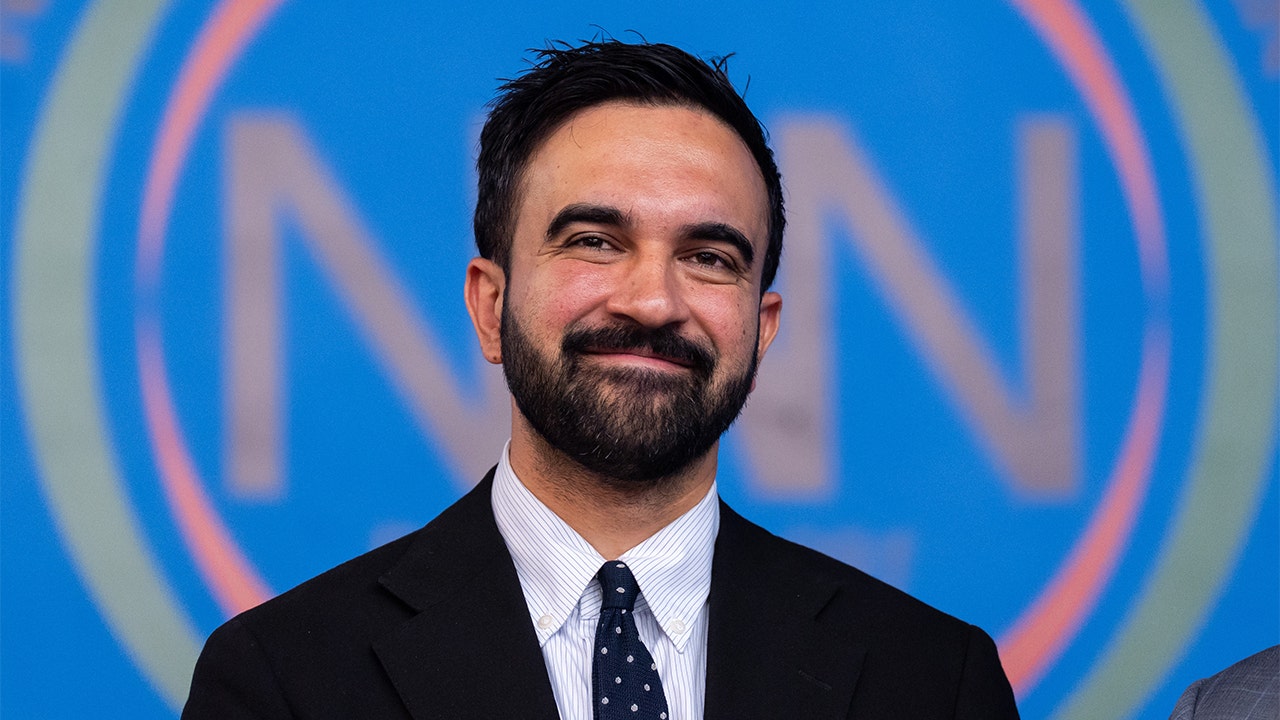The backstory of Kachalla Yellow Dan-Bokolo, Turji's right-hand man and cousin | TheCable
A 27-year-old bandit kingpin, Yellow Dan-Bokolo was married to four wives and fathered 12 children. He was regarded as the most notorious bandit in Shinkafi, arguably more deadly, ruthless, and cunning than even his cousin and mentor, Bello Turji.
What distinguished Dan-Bokolo from other bandit leaders was his lifelong addiction to hard drugs, particularly pentazocine (commonly referred to in the field as “pentameric injections”). His substance abuse fuelled extreme violence and desensitised him to suffering, often leading him to derive disturbing pleasure from attacks, killings, kidnappings, and gender-based and sexual violence.
Dan-Bokolo received his training in the Dangulbi area of Maru Local Government Area (LGA) under the notorious warlord Shehu Rakep, a first-generation bandit in the north-west and Sahel region. Rakep was not only a fearless bandit but also a prolific arms runner. Fighters trained by Rakep were known for their fearlessness, tactical skills, and tenacity.
By contrast, Bello Turji was trained by the late Kachalla Halilu Sububu in the Sububu forest. While both men had separate ideological and tactical roots, Dan-Bokolo stood out for his hardline philosophy: he believed in vengeance and an uncompromising “eye for an eye” doctrine.
On April 25, 2022, when Turji attempted to initiate dialogue with the people of Shinkafi and ordered his fighters to submit their arms, Dan-Bokolo openly defied him. He rejected the peace initiative, declaring that they were not interested in dialogue. He was ultimately responsible for sabotaging the Shinkafi dialogue process between Turji’s camp, other bandits, and the local population.
Dan-Bokolo operated from a base in Kagara, Shinkafi LGA of Sokoto State, with strongholds in Bafarawa, Kamarawa, Gebe, and Dan-Zage. He also controlled parts of western Shinkafi in Zamfara state. His camp comprised roughly 350 members, spanning both Sokoto and Zamfara States, and carried out numerous violent activities across these regions.
Although Turji and Dan-Bokolo led separate camps, they collaborated frequently. Most of Turji’s attacks, including cattle rustling and abductions, were jointly executed with Dan-Bokolo. However, Dan-Bokolo was the more fearless and strategic operator of the two, often leading the fighting units of the group.
He commanded a larger number of juvenile fighters, many of whom were addicted to hard drugs. While Turji may have enjoyed greater notoriety, it was Dan-Bokolo who masterminded and executed most attacks. He was considered the operational brain behind the violence.
Notable atrocities linked to Dan-Bokolo include:
The killing of Kachalla Yellow Dan-Bokolo is a significant relief for residents of Zamfara and Sokoto states. More broadly, it represents a major victory for Nigeria’s security architecture in the fight against banditry. His death could demoralise Bello Turji, who has not only lost his most trusted lieutenant but also his cousin and closest confidant.
This development may push Turji to either capitulate under military pressure or flee to a more secure environment. However, if not eliminated during the ongoing military operations, he may eventually be forced to accept dialogue as a last resort.
Murtala Ahmed Rufa’i is an associate professor of peace and conflict studies, Department of History & International Studies, Usmanu Danfodiyo University, Sokoto
Views expressed by contributors are strictly personal and not of TheCable.










